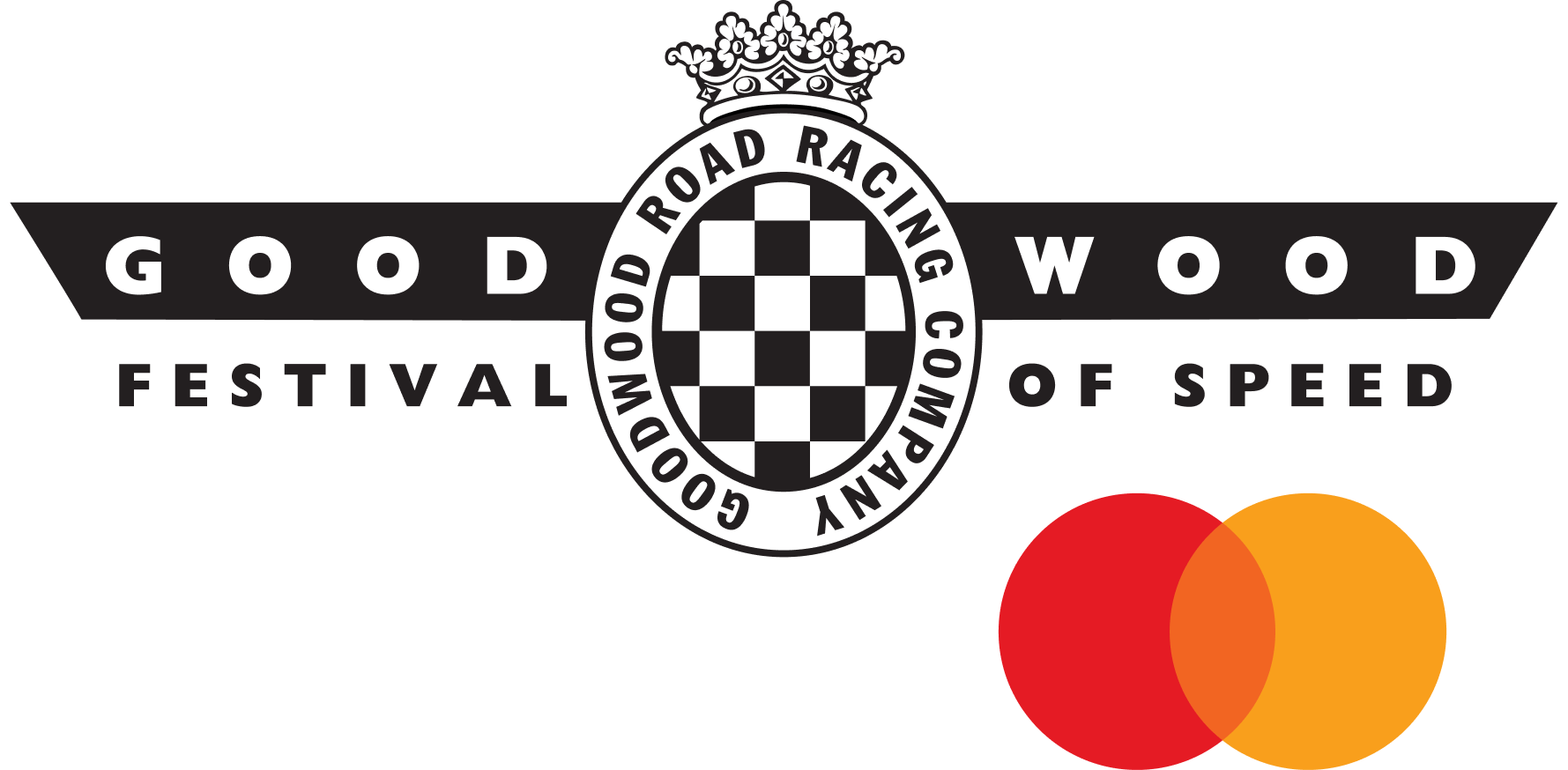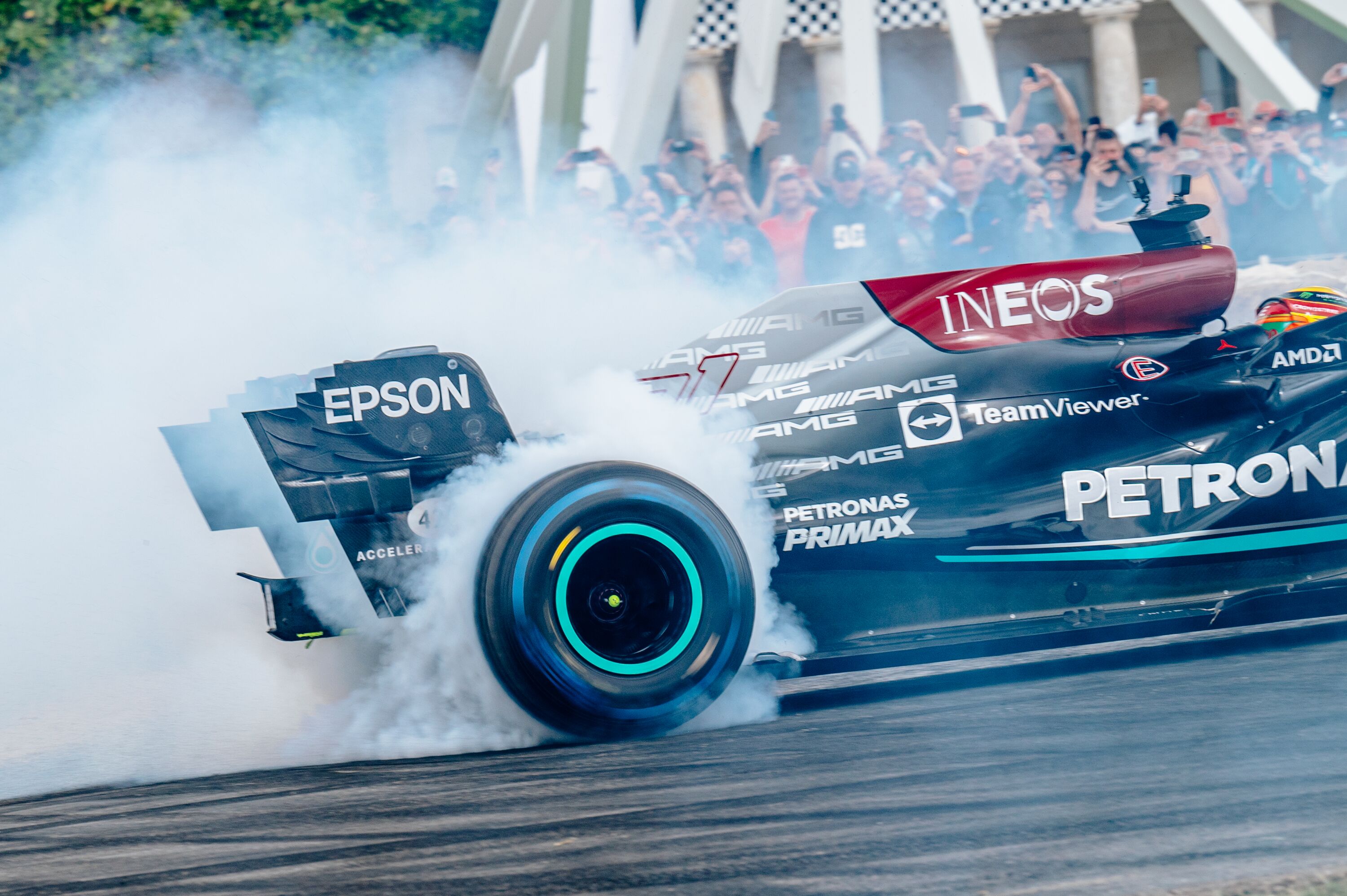The Porsche Cayenne didn’t make sense. Until it did | Thank Frankel it’s Friday
 Andrew Frankel
Andrew Frankel
If, ten years ago, you’d bet money on the three car companies least likely ever to add an SUV to their line-up, I’m betting plenty that many would name Ferrari, McLaren and Lotus. Yet within the past week, two of the three have shown the large quasi-offroad vehicles upon which so much of their futures depend. Ferrari offered a mere glimpse, a single dimmed down photo of the nose of its SUV, (working title Purosangue or ‘thoroughbred’ while on Tuesday evening, Lotus had a formal launch of its new Eletre, which is all at once the first Lotus SUV, the first Lotus EV and the first Lotus (commissions for others like the Lotus Carlton aside) to be built outside the UK. It will be constructed in Wuhan, China, a location currently more famed for its wet markets than an ability to turn out world-beating SUVs.

Does it not all seem rather strange to you? It probably shouldn’t, because after Lamborghini, Maserati, Aston Martin and even Rolls-Royce nailed their colours to the SUV mast, you’d think we’d be used to it by now. But we, or at least I, are not.
Know who I blame? Porsche. BMW will protest that it was first to ‘invent’ the concept of the high-performance SUV when it launched the X5 in 1999, but there was nothing particularly surprising about it. A company that had a long history of making fast, luxurious family saloon and estates had just added an SUV to the roster. Fair enough. But when Porsche put the Cayenne on its stand at the 2002 Paris Motorshow? Now that really was a big deal. Can it really be 20 years? It seems it can.

There were plenty of things that caused jaws to fall to the floor when we first saw the Cayenne in the flesh that September day in the French capital. It was enormous. It was, I am afraid, really rather ugly, but most of all it was so far from anything Porsche had ever done before it seemed barely a Porsche at all. And that’s before you consider it was part of a joint venture with VW, and beneath that unprepossessing skin lurked the same structure as the Volkswagen Touareg.
It was hard to swallow, hard to believe that Porsche would take such an enormous punt with its brand. This company whose history to date had been the manufacture of sporting two-door coupes and convertibles and absolutely nothing else had gone and stuck the shield of Stuttgart on the nose of a two tonne SUV.
There were plenty who thought Porsche had gone mad and our fears were little assuaged by the knowledge it at least came with its own suite of brand new V8 engines, including a 450hp twin turbo unit, the most powerful motor to be fitted to an SUV up until that time.

Then we drove it and I still didn’t understand why Porsche had bet the farm on such an alien concept. Of course, it was ridiculously fast, handled far better than I thought such a car ever could and even proved itself to be improbably capable off road, but I just couldn’t understand a traditional 911 buyer thinking such a car was anything other than a brand dilution at best, at worst a betrayal.
I now know the mistake I was making. The Cayenne wasn’t aimed at traditional 911 buyers. It was the paucity of such people who’d got Porsche into such financial strife in the 1990s that made the Cayenne a necessity in the first place. It was aimed at SUV buyers, and if you were going to buy an SUV, would you not want it also to be a Porsche?

Of course you would. And the rest, as is said, is history. The Cayenne went on to be not only the most popular Porsche in its history, soon outselling all others combined, but the most profitable too. It turned Porsche into what it remains today: an SUV manufacturer that also knocks out a far smaller number of more traditional sporting cars too. And I’m fine with that now, not just because the whole world has woken up and plays the same way too, but because it is the profits from the Cayenne, its descendants and Macan little brother that have allowed Porsche to continue investing so heavily in cars like the 911.
So, if you ask why the 992 is such an incredible car today, the answer lies in no small part in a decision taken last century to set Porsche on a course from which is has seen no reason to turn back and which, after the 911, makes the Cayenne the most important car in Porsche history to date.
Thank Frankel it's Friday
Porsche
Cayenne































































